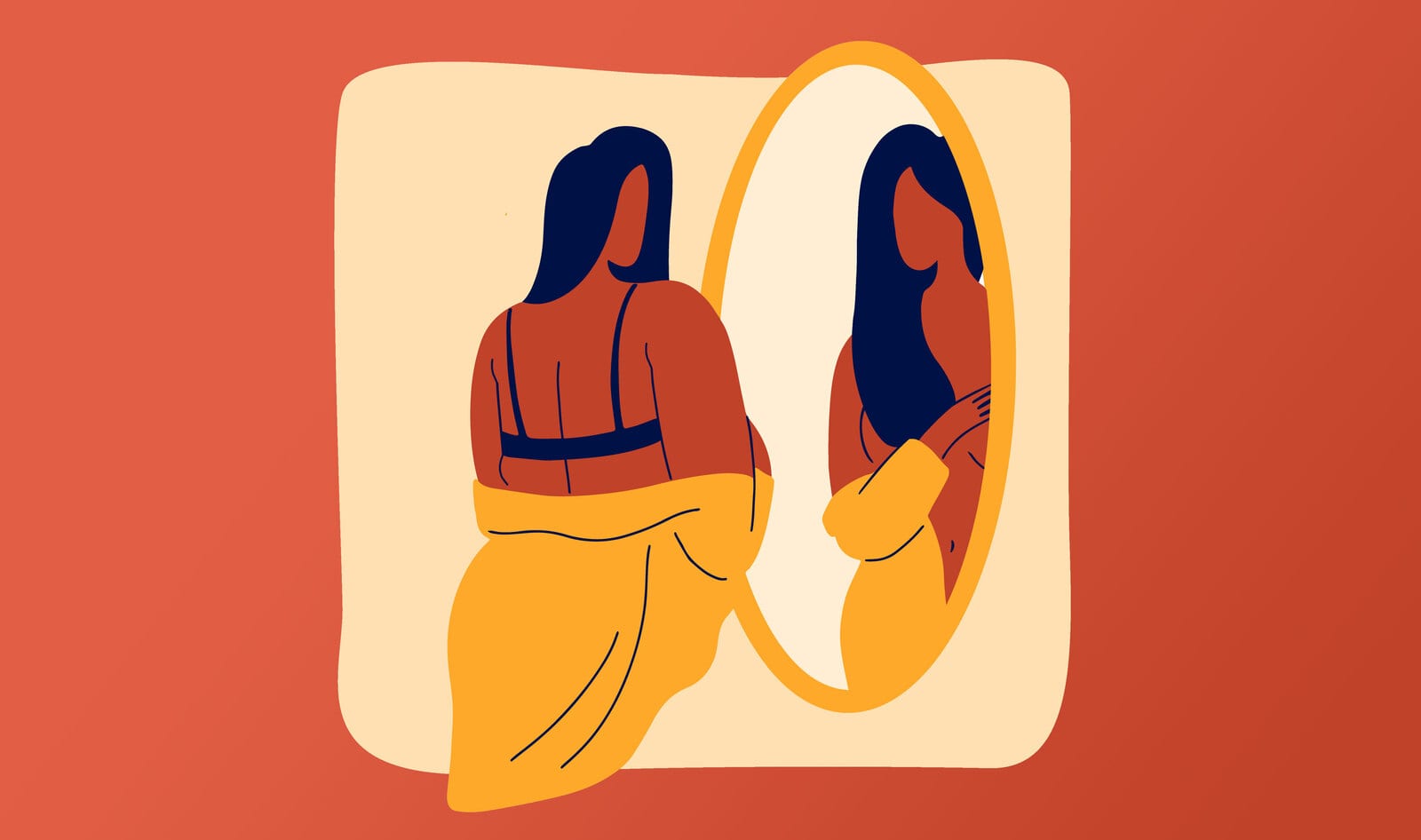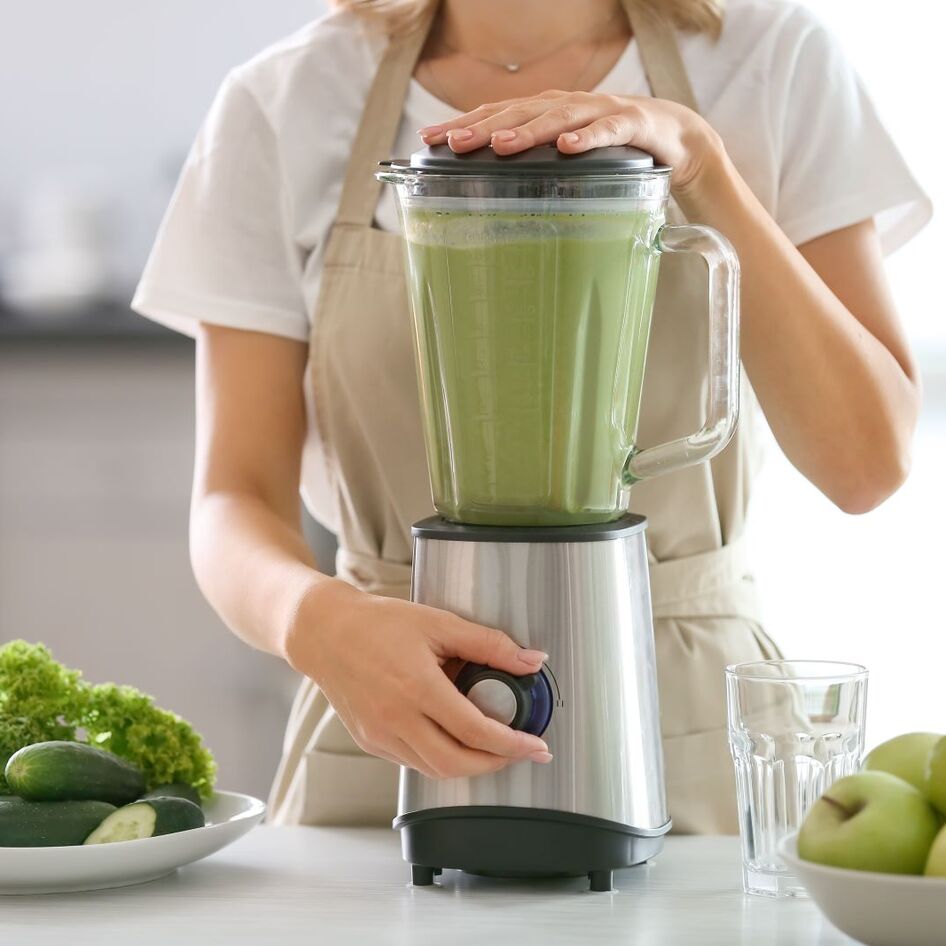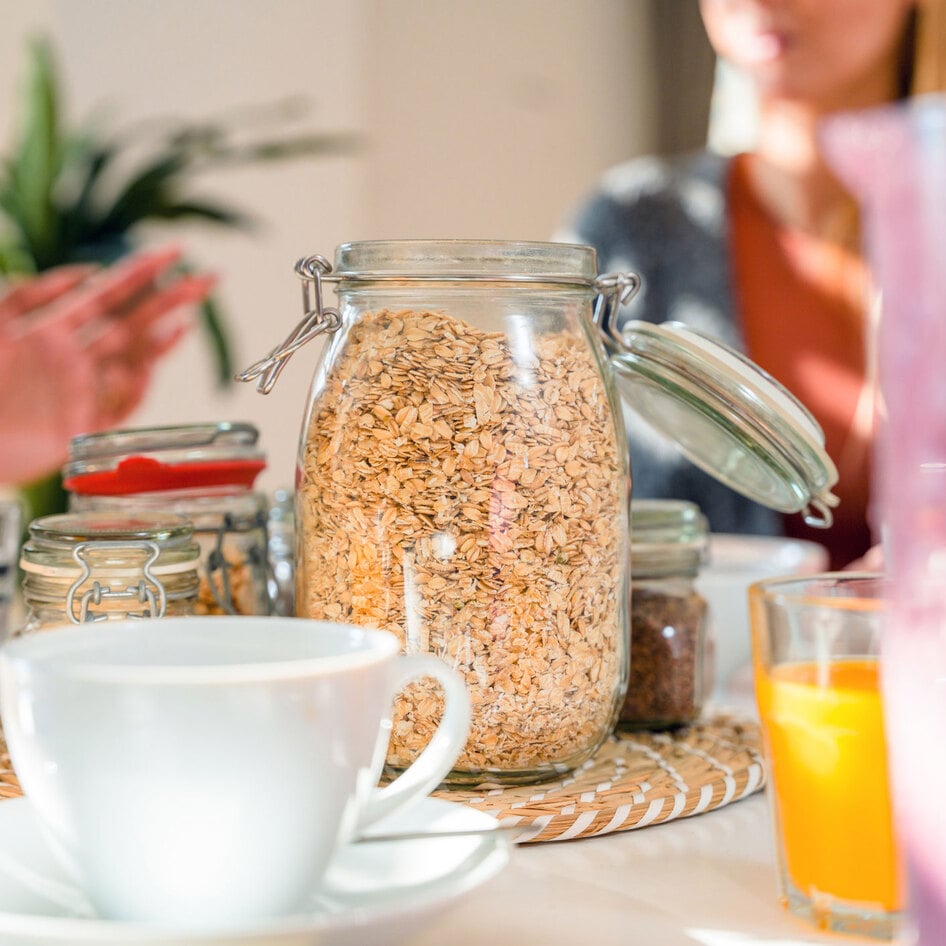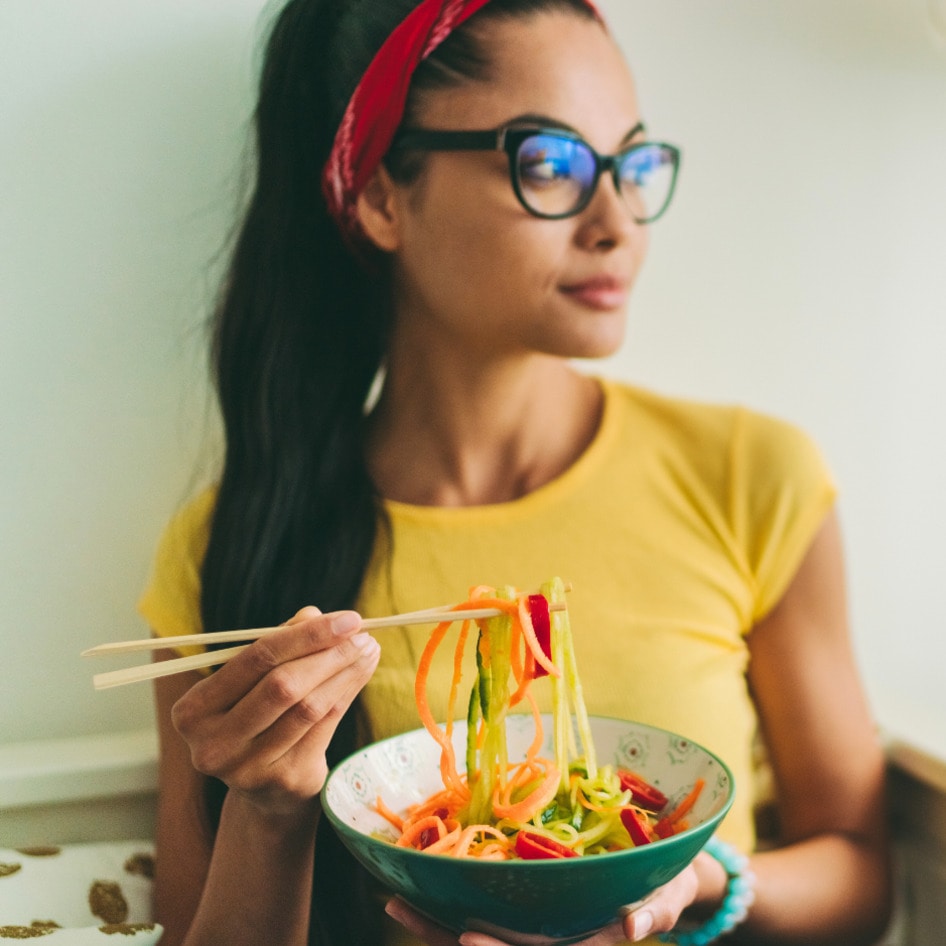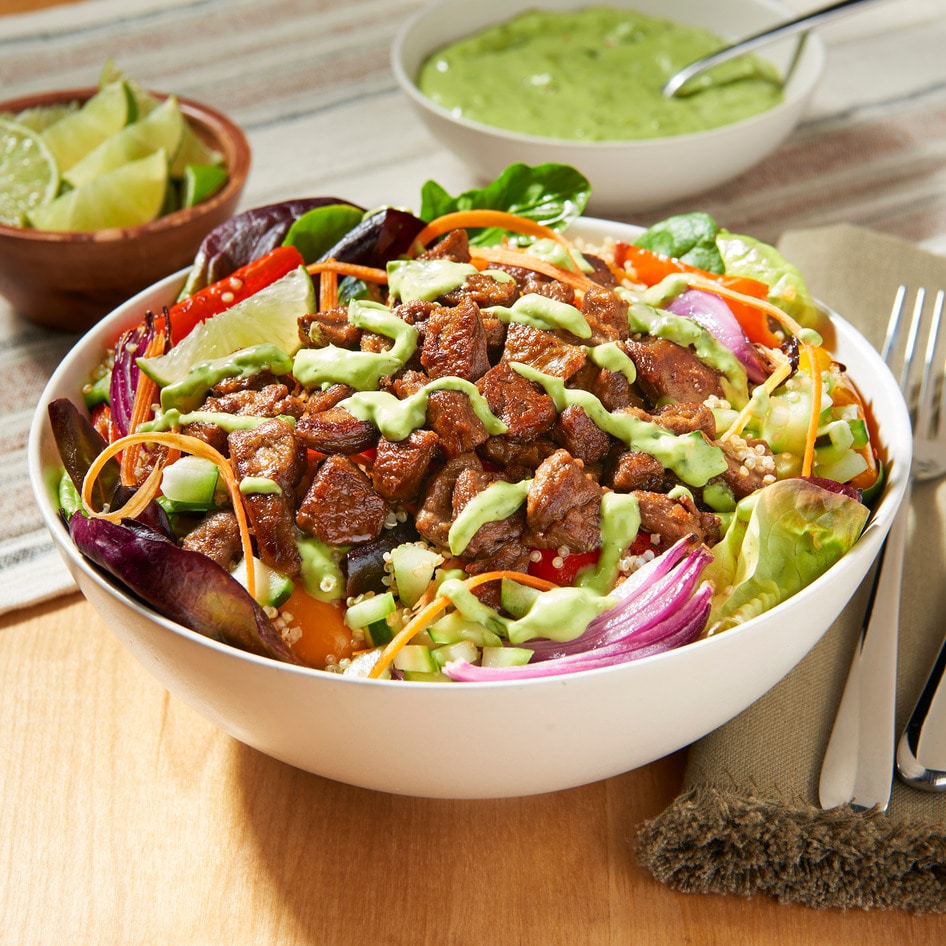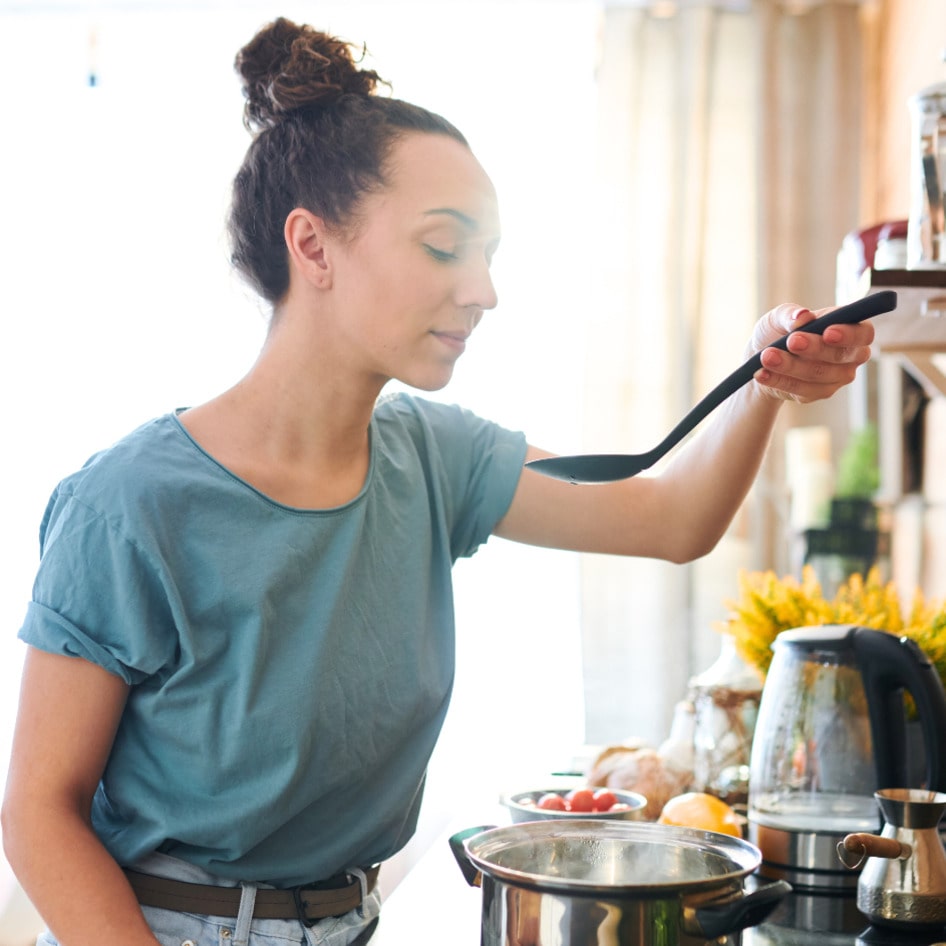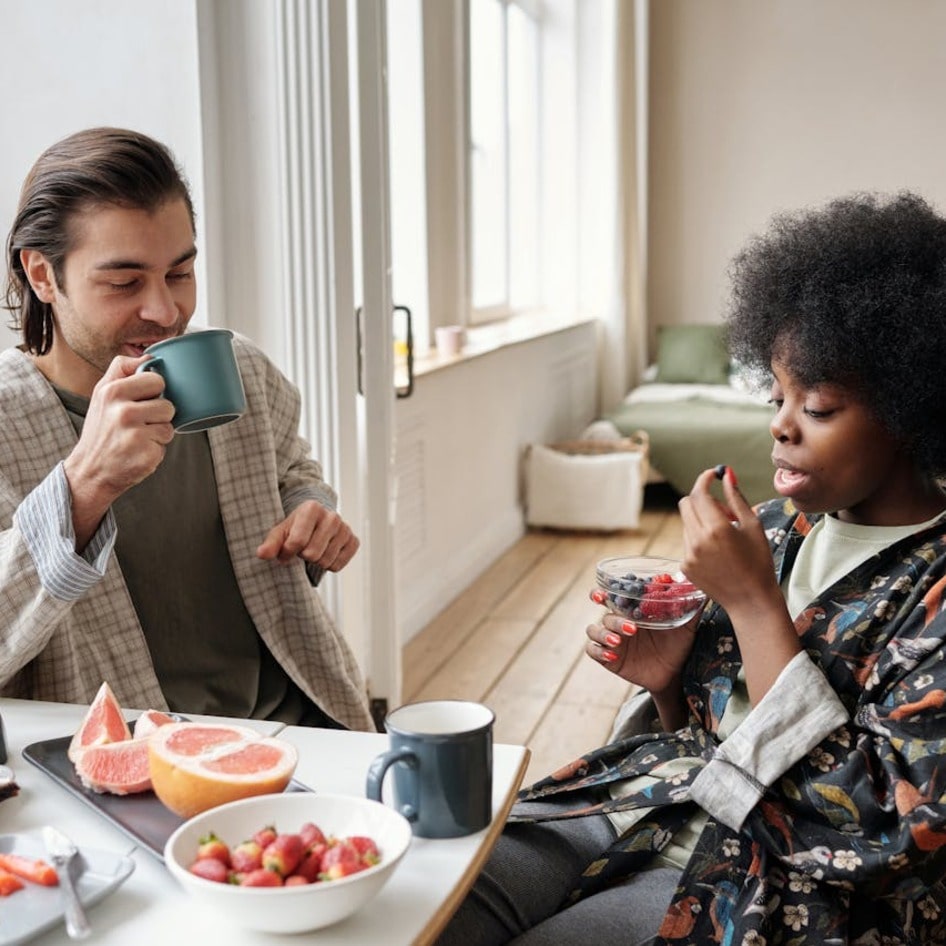Fat. Just that seemingly simple, three-letter word can conjure up pain for many of us: childhood memories of being made fun of on the playground. A “before picture” taken at that weight-loss program we tried. A moment full of shame in the fitting room.
Turn the TV to any channel, flip through any fashion magazine, scroll through any social media feed, and you will be thrust into a world where thin people are celebrated and fat people are nowhere to be found. And yet, fat people—a term increasingly and intentionally used to destigmatize and ultimately embolden—make up the vast majority of Americans.
In a world where discrimination can range from hurtful (fat people are routinely the butt of jokes in everything from casual conversation to big-screen Hollywood movies) to outright dangerous (doctors regularly advise weight loss, without further analysis, to fat patients while recommending blood work, CAT scans, or physical therapy for patients of smaller size experiencing the same symptoms), fat people are regularly given the message that they are unworthy. And the vegan community isn’t immune to this harmful rhetoric either.
Veganism and diet culture have been confused for years, and as the movement grows stronger, the prevalence of health-focused messaging combined with rampant body policing is only doing harm. How can we pry apart plant-based advocacy from society’s too-prevalent anti-fat bias and work toward a size-inclusive movement? First, we have to unpack the way we treat fat people. And it’s a big problem.
 Lizzo
Lizzo
All hail Lizzo
When it comes to shifting the conversation about fat bodies and flipping the harmful fatphobic gaze of society on its head, there is perhaps no more visible agent of change than Lizzo. The 33-year-old pop star is as well-known for her advocacy for radical self-love as she is for her chart-topping hits, frequently celebrating her sensuality and proudly flaunting her body across Instagram—in and of itself a radical act in a world where fat bodies are expected to cower and hide in shame. Then there are the commenters. The louder her critics become about her near-nude social media posts and brazen captions (“the next time you want to judge someone for drinking kale smoothies or eating McDonald’s, or working out or not working out, mind your own business”), the bolder she becomes.
But as with any challenge to the status quo, Lizzo’s take-no-prisoners approach is deeply uncomfortable to some—especially those who have built their careers on making thin bodies. When The Biggest Loser star Jillian Michaels appeared on BuzzFeed’s digital morning show with a gripe about Lizzo’s public displays of self-adoration, the fallout was significant. “Why are we celebrating [Lizzo’s] body?” questioned the fitness celebrity. “‘Cuz it isn’t going to be awesome if she gets diabetes. […] Like, I love her music. […] But there’s never a moment where I’m like, ‘And I’m so glad she’s overweight!’”
In the days following Michaels’ jab, the public discourse around body positivity was profound, with celebrities and pundits weighing in on what Lizzo—who went vegan in 2020 and regularly posts plant-based recipes to more than 14 million TikTok followers—should do with her body. Though such Page Six-worthy discussions are fewer and farther between when it comes to other mega-famous singers whose bodies conform to a social norm, something about Lizzo showing off her curves unapologetically while twerking in a bikini was just the type of envelope-pushing that woke up a society-at-large that, when it comes to confronting their complacent role in fat-shaming, had been largely asleep.
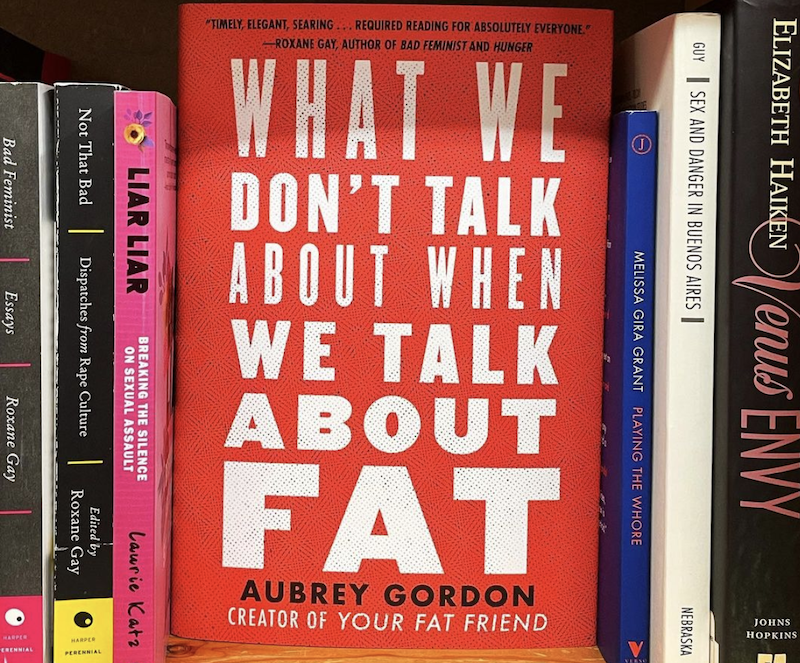 Aubrey Gordon
Aubrey Gordon
A not so (body) positive movement
The buzz that Lizzo’s body-love platform has created is a reflection of a movement that has gained popularity in recent years, thanks to the hashtag-happy culture that helped to popularize it. But before #fatacceptance was trending, there was body positivity.
Founded as a nonprofit in 1996 by author Connie Sobczak and social worker Elizabeth Scott—two women who are not fat—The Body Positive organization prides itself on teaching people how to reconnect with their innate body wisdom in order to have “more balanced self-care.” The feel-good pillars that guide the mission include “declaring your authentic beauty” and “cultivating self-love.” Though hailed as a corrective to the hatred that so many women have had toward their bodies, the movement—which has spun out far beyond just the initial organization and become a standalone social media trend (with nearly 16 million posts hashtagging #bodypositive)—has also undergone criticism.
In her 2020 book, What We Don’t Talk About When We Talk About Fat, author Aubrey Gordon points out what she sees as a glaring omission in body positivity spaces.
“[W]hile body positivity may be increasing individual self-esteem, it doesn’t seem to have made a dent in the prevalence of anti-fat attitudes and behavior.”
—Aubrey Gordon, author of What We Don’t About When We Talk About Fat
Further exemplifying this point is a 2019 Harvard study that found that of six implicit biases tested over a nine-year period, anti-fat bias is the only one to have worsened over time.
De-centering the most marginalized bodies from social justice issues that have gone mainstream enough to be somewhat watered down—such as with the case of body positivity being so focused on “self-love” that it can feel like an erasure of fat bodies, which are amongst those most victimized in a thin-centric world—is nothing new. As the Black Lives Matter movement grew in popularity and became a mechanism for corporate “woke-washing,” the group that suffers the most is Black trans people (accounting for the high prevalence of murder and suicide amongst this demographic). Just as caring about racial justice—as well as fancying yourself a feminist—arguably means the main focus should be on liberating the Black trans community, to be “body positive” means the focus should be on achieving radical fat acceptance.
Yet for those who continue to suffer at the hands of the institutions and social queues that continue to standardize anti-fat oppression, that moral imperative is missing from the narrative.
 Fat Vegan Voice
Fat Vegan Voice
One-size-fits-all healthcare
If fat people had a nickel for every time a friend was performatively well-meaning in expressing concern for their “health,” they would be wealthy enough to run the world. And with the wage gap that discriminates against larger bodies (heavy women earn $9,000 less than their smaller counterparts while very heavy women earned $19,000 less), the extra money would be welcomed.
So can you be fat and healthy? According to Dr. Yami Cazorla-Lancaster, the answer is a resounding “yes.” The pediatrician and lifestyle medicine physician sees “healthism”—when a person’s worth is judged by their health status—as a way our society paints the so-called picture of health, and it runs deep. “Research shows that stigmatizing weight actually leads to worse outcomes for mental and physical health,” says Cazorla-Lancaster, whose book, A Parent’s Guide to Intuitive Eating, covers topics from body acceptance to lifestyle habits. “Perhaps a person’s health should be just between themselves and their healthcare provider.”
And even when the shame and bullying involved with healthism are enough to push fat people into the doctor’s office, they’re still not safe from weight discrimination. Dr. Reshma Shah, author and instructor at Stanford University School of Medicine, suggests that a comprehensive reworking of the doctor-patient relationship may be in order. “Many people have reported receiving advice to ‘simply lose weight’ as the treatment plan without receiving a proper history,” Shah says, which can result in potentially life-threatening delayed or missed diagnoses.
In an effort to find a safer space in which to receive medical treatment, some fat activists have embraced the Health at Every Size (HAES) movement—which offers a set of principles that removes the emphasis on weight loss and redirects it to the pursuit of wellbeing. Beyond HAES’ focus on body inclusivity, for Cazorla-Lancaster, it’s the social justice aspect that’s especially motivating. “[HAES] prompts us to consider the influences that environment and privilege have on our body size and health,” she says.
For Chelsea Lincoln, a 25-year vegan who runs the body diversity-focused platform Fat Vegan Voice, imagining a world without anti-fat bias is challenging—but the vision of what our culture could become if we embraced radical compassion for all beings keeps her fighting.
“Without fat bias, people would be healthier, mentally and physically.”
—Chelsea Lincoln, Fat Vegan Voice
 Vegan Street Fair
Vegan Street Fair
“Just because it’s vegan doesn’t mean it’s healthy”
One thing that separates Cazorla-Lancaster and Shah from other practitioners—including some who rally behind HAES—is that these two doctors are vegan, which can be at odds with both ends of the spectrum. On one hand, mainstream medicine has historically not embraced plant-based eating, while on the other, even the very progressive HAES is not inherently vegan—possibly because veganism can be presented as restrictive and therefore convoluted with toxic diet culture.
Ironically, the HAES movement’s dismissal of veganism ties into a bigger concern plaguing many fat activists who are also plant-based—and it hearkens back to that very idea that veganism is a weight-loss diet, as opposed to an ethics-driven choice. This is no surprise, given the relentless conflating of plant-based living with weight loss by both the mainstream media and influencer culture.
And because of the anti-fat society we live in—and the dominant narratives about vegans, and what they eat and look like—the very idea of vegan food that’s not wholesome and healthy can be triggering for some. Follow any popular vegan food account on Instagram and you’ll spot the comment, “Just because it’s vegan doesn’t mean it’s healthy” in less time than it takes to tap the “like” button beside that snap of rich, layered chocolate cake.
For Jessica Cruz, founder of Vegan Street Fair Los Angeles and Vegan Exchange—an annual and weekly event, respectively, featuring everything from burgers and milkshakes to baklava and mushroom bao—the melding of veganism with health is exasperating. Her social posts featuring indulgent street fair food are meant to showcase how varied modern vegan cuisine is, and how a diet without animals doesn’t have to mean deprivation. But invariably, commenters flock to the feed to offer reminders that vegan French fry-stuffed burritos aren’t a health food, which of course, isn’t the point.
“My responses to these misinformed comments aim to educate folks on how the ethical part of this movement does not dictate how a person should look or eat in order to liberate animals, just that they do everything they can to liberate animals.”
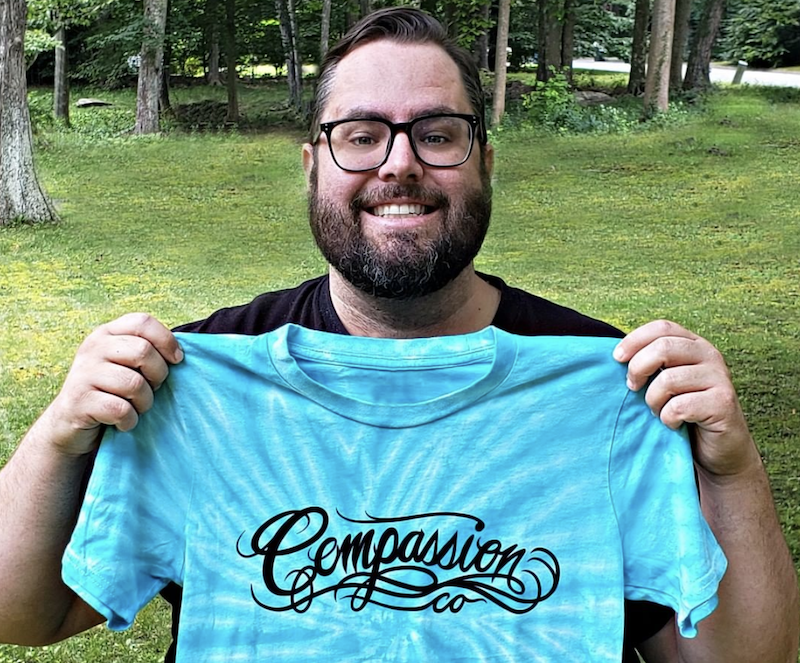 Compassion Co.
Compassion Co.
Where veganism gets it wrong
Anti-fat bias is a glaring problem in many vegan circles and the ripples of discrimination are felt far and wide amongst those who identify as both fat and plant-based. “Believe it or not, despite the immense pressure for fat folks to feel miserable and ashamed of our bodies, some of us are happy with them, or have at least internalized that our self-worth is not dependent upon the bodies we inhabit,” says Andy Tabar, owner of vegan message-wear brand Compassion Co. and co-host of The Bearded Vegans podcast. “We’ve stepped off the yo-yo diet infinity loop and are merely trying to practice our ethics as best we can, and that means living a vegan life—while fat.”
Prior to starting his clothing business (which offers sizes up to 4X—he is currently seeking larger sizes that adhere to his ethical standards of production), Tabar spent years advocating at large-scale events. “I’ve talked to fat people who care about animals but never thought they could go vegan, or they thought that veganism was something they couldn’t explore because they didn’t have any desire to fit into that image,” he says, pointing out that pro-vegan literature exclusively features slim and athletic-looking people.
Beyond the lack of representation and consideration in brochures, social media, events, and clothing brands (most companies only carry sizes up to XXL), fat vegans also face discrimination in their advocacy. “An elephant trainer once told me after noticing my sweatshirt that said ‘Make Peace, Not Pork,’ that my parents should have thought of that before they made me,” recalls Lincoln.
When fat vegans and their allies speak about fat liberation, too often they are met with pushback and non-sequiturs about how fat vegans “only exist because of Oreos or other foods stereotyped to be [what] fat people eat exclusively,” Lincoln explains.
“Body sizes are diverse, and you cannot tell what someone eats or how active they are based on their size. And regardless, everyone is worthy of respect.”
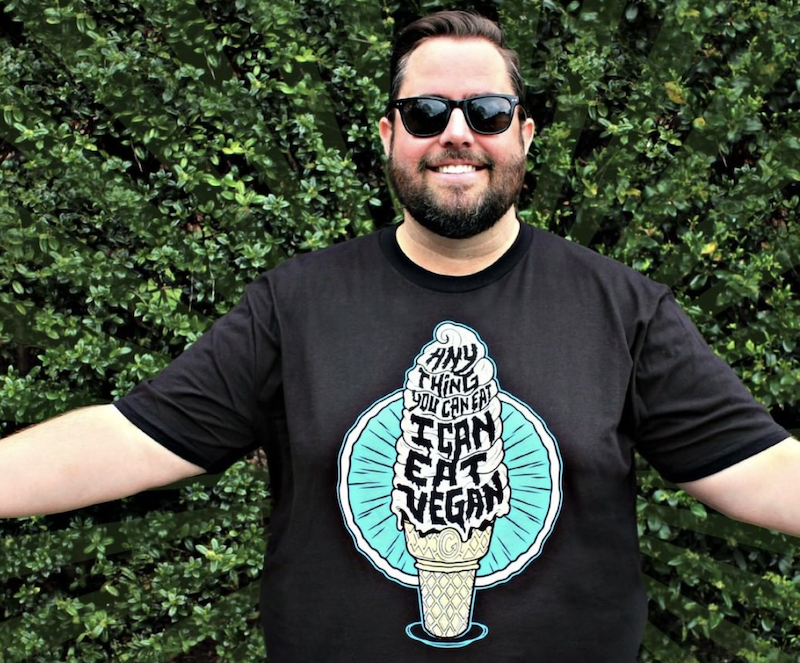 Compassion Co.
Compassion Co.
Do something about diet culture
Honoring bodily integrity, practicing empathy, and boycotting systems that oppress marginalized communities are core ethics for many vegans, and yet, fat bodies are often pushed aside in favor of thinner ones that fit the arbitrary, archaic, Americanized standards of beauty—that is, able-bodied, white, and thin. This colossal disconnect begs the question: on what planet is anti-fat bias a part of animal liberation?
To reach a truly size-inclusive movement that embraces everyone, toxic diet culture and veganism need to be permanently pried apart. But confronting a deeply entrenched, oppressive system from which many of us have benefitted—whether it be a culture of white supremacy or anti-fat bias—requires the difficult but necessary process of deep self-examination.
“It starts with education. So fill your feed with fat activists (vegan and non-vegan), learn how to identify anti-fat bias, and call it out,” suggests Tabar, who says we can also ask animal rights groups, magazines, and other advocacy platforms to include fat bodies in their literature, feeds, and outreach materials. “But also, challenge cosmetic diversity,” he continues. “If vegan organizations pay lip service to fat vegans in a social media post […] but still speak about veganism as a weight-loss plan, address that.”
As many vegans know, systemic change starts with a personal act. And when it comes to confronting our anti-fat bias, that means we need to confront self-directed fat-phobia, do the work needed to turn off our inner scripts that tell us we are less-than because we are larger-than, and never joke about or disparage our bodies. Others are watching, listening, and ingesting the negativity—even when we think it’s only about us.
 The Chub Hub
The Chub Hub
How veganism can get it right
For fat vegans, achieving that size-inclusive liberation movement where everyone indeed feels they belong remains an uphill climb. Aside from Lizzo, there are very few reflections of larger bodies in the cultural zeitgeist, the institutional animal protection movement, and the digital universe of vegan influencers.
In order to end anti-fat bias and extend a justice-based worldview to include all individuals, the representation of fat (and other marginalized) bodies needs to become commonplace. Vegan messaging has to be removed from damaging weight-loss rhetoric altogether. Nosy friends must stop suggesting that their fat buddies should lose weight and instead work aggressively on their own damaging perceptions and behaviors.
To really get there, the liberation of all oppressed bodies needs to be a core value and practice amongst those who abstain from eating animals. Medical professionals need to treat the patient, not their size. For Tabar, these changes can’t happen soon enough. “Understand that this is a social justice issue, not just a matter of body positivity,” he says. “There is systemic anti-fat bias that we cannot self-love our way out of.”
Jasmin Singer (jasminsinger.com) is the author of The VegNews Guide to Being a Fabulous Vegan, the editor of the forthcoming anthology Antiracism in Animal Advocacy: Igniting Cultural Transformation, and the co-host of the Our Hen House podcast.
For more about Lizzo, read:
JUMP TO ... Latest News | Recipes | Guides | Health | Subscribe

